
Culture
17:09, 11-Aug-2017
English opera based on Chinese classic novel set for China debut
CGTN
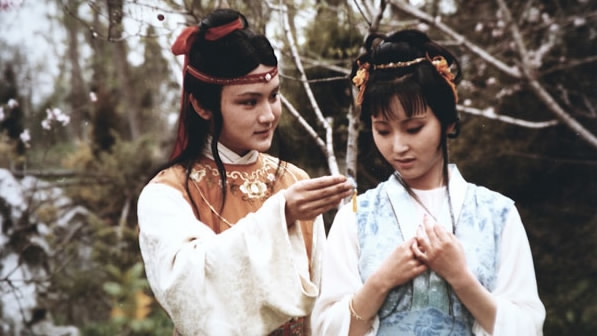
An English-language opera adaptation of classic Chinese novel "Dream of the Red Chamber" is on its way to China after stunning Western audiences since its premier in San Francisco last September.
The opera will first be staged at the Poly Theater in Beijing on September 8 and 9 before going on tour to the capitals of central China's Hunan and Hubei provinces.
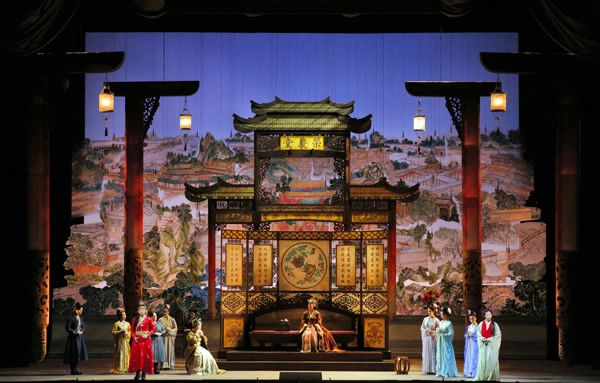
Scene from the English-language opera "Dream of the Red Chamber". /San Francisco Opera Photo
Scene from the English-language opera "Dream of the Red Chamber". /San Francisco Opera Photo
Initiated by a group of American-Chinese artists, it took around five years and three million US dollars to bring the Chinese-themed opera to the stage.
The production brings together some of the greatest modern artists of Chinese origin into a “Dream Team” including playwright David Henry Hwang, composer Bright Sheng, director Stan Lai and designer Tim Yip.
From the page to the stage
"Dream of the Red Chamber" was written in the 18th century by Cao Xueqin. Seen as one of China's four classics, it is a colossal masterpiece depicting life in 18th-century China, especially aristocratic families.
Known as the Chinese "War and Peace" or "Remembrance of Things Past", the novel has over 400 characters.
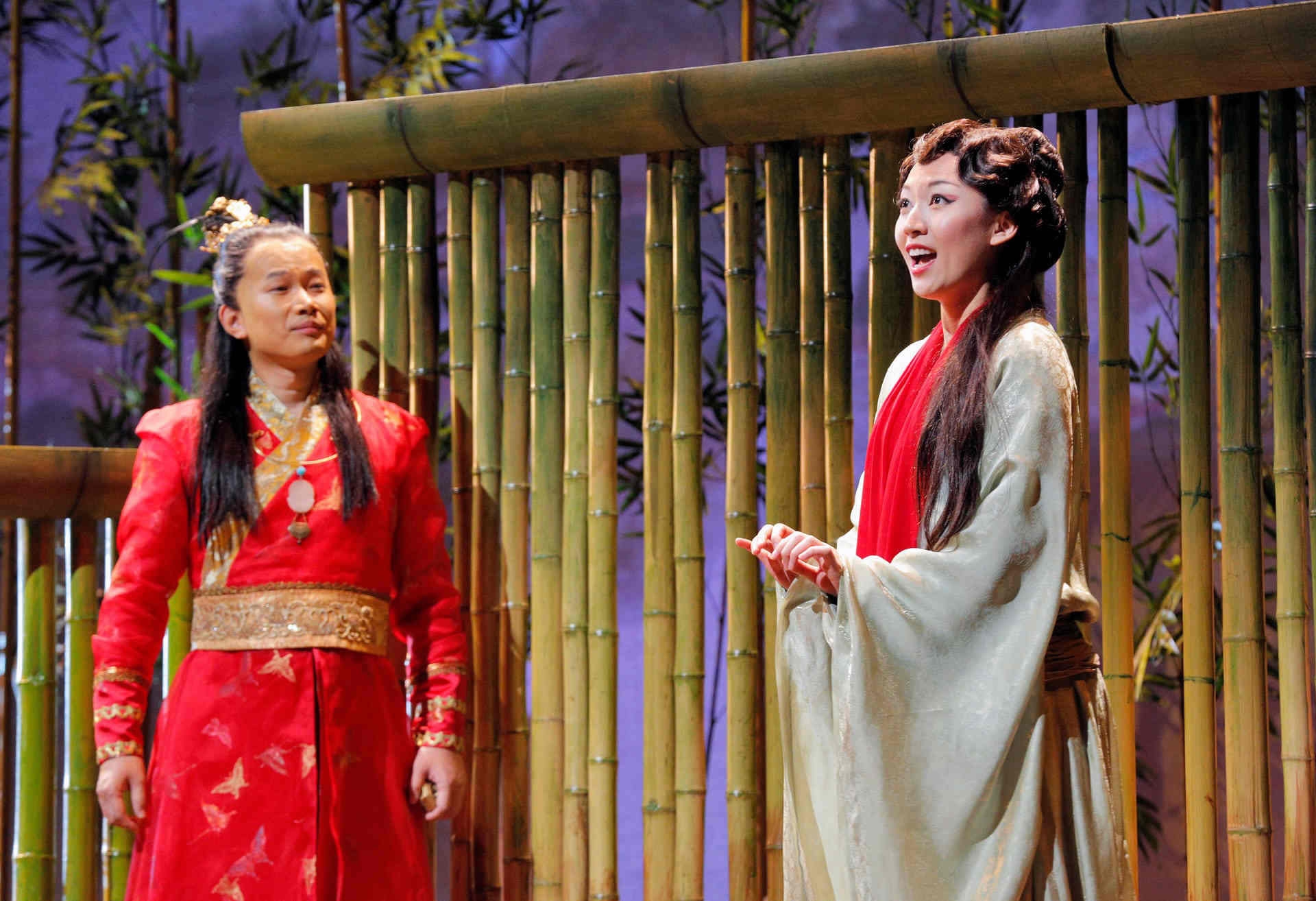
Scene from the English-language opera "Dream of the Red Chamber". /San Francisco Opera Photo
Scene from the English-language opera "Dream of the Red Chamber". /San Francisco Opera Photo
The main plot is a tragic love story between Jia Baoyu, a rebellious male heir of the Jia clan, and his soulmate cousin Lin Daiyu alongside the family's rise and fall.
It also involves four aristocratic families closely linked by marriage and interests, with their depiction providing a grand picture of the philosophical and spiritual values of that time.
However, as it is impossible to adapt such a masterpiece into an opera, Sheng and Hwang pruned the novel to a love triangle, with only seven main characters saved. The plot revolves around how Baoyu was tricked into a marriage with Bao Chai of the wealthy Xue family, while he is deeply in love with his cousin Daiyu.
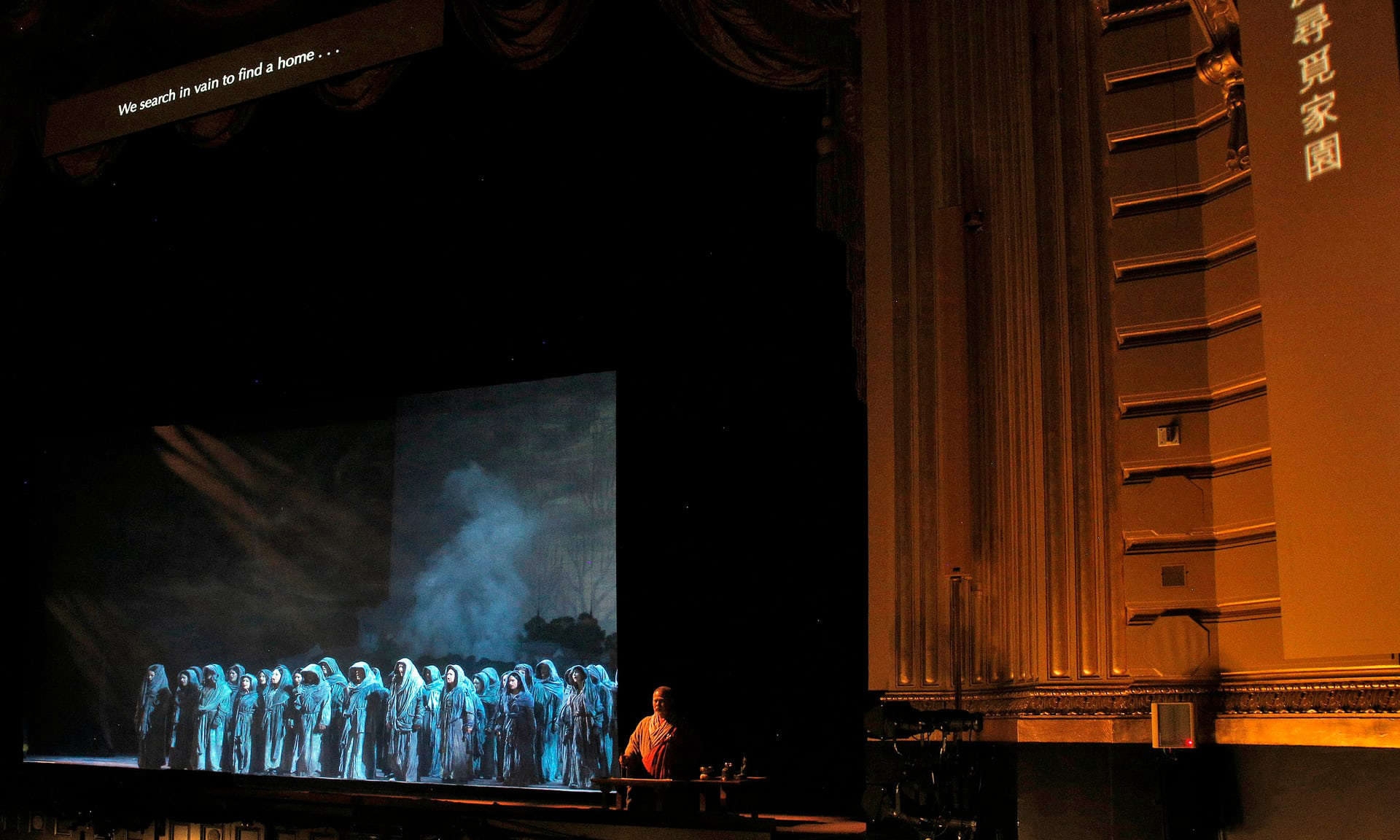
Scene from the English-language opera "Dream of the Red Chamber". /San Francisco Opera Photo
Scene from the English-language opera "Dream of the Red Chamber". /San Francisco Opera Photo
The themes are thus narrowed down from the novel’s vast panorama to focus more on dream and reality, love and desire, as well as romantic love and responsibility.
What will Chinese audiences think?
Western opera-goers found the production stunning with its exotic Chinese elements, including the dazzling sets and the elegant silk-textured costumes designed by Oscar-winner Tim Yip.
However, the style of music was not unfamiliar to them. A review in UK newspaper the Guardian said that "while the music evokes a Chinese soundscape with ritual elements, along with hits of the pentatonic scale, in its grand gestures it draws on the great Italian masterpieces of Puccini and Verdi."
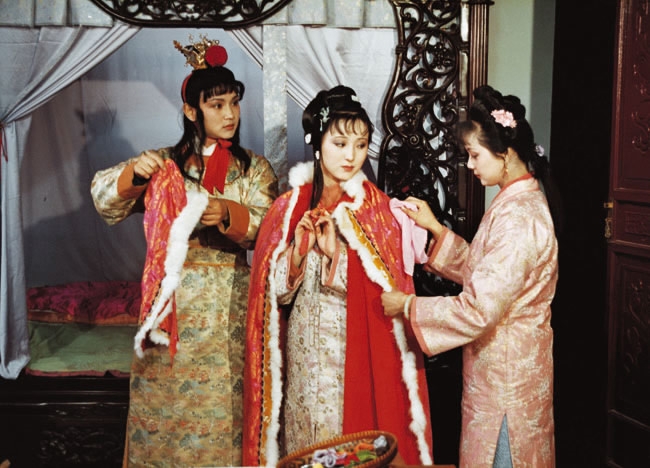
A scene China's landmark 1980s TV adaptation of "Dream of the Red Chamber". /CCTV Photo
A scene China's landmark 1980s TV adaptation of "Dream of the Red Chamber". /CCTV Photo
The Los Angeles Times said Sheng "has a terrific feel for orchestration" and that "pitches bend in ways that sound almost acrobatically impossible".
However, it remains unclear what the reaction will be like in China, where the novel has been adapted into various forms of arts, most notably a 36-episode TV series which was a cultural landmark in the country in the late 1980s.
A remake in 2010, with Tim Yin as its designer, was met with nationwide criticism. The novel has also been made into films and various traditional Chinese operas.
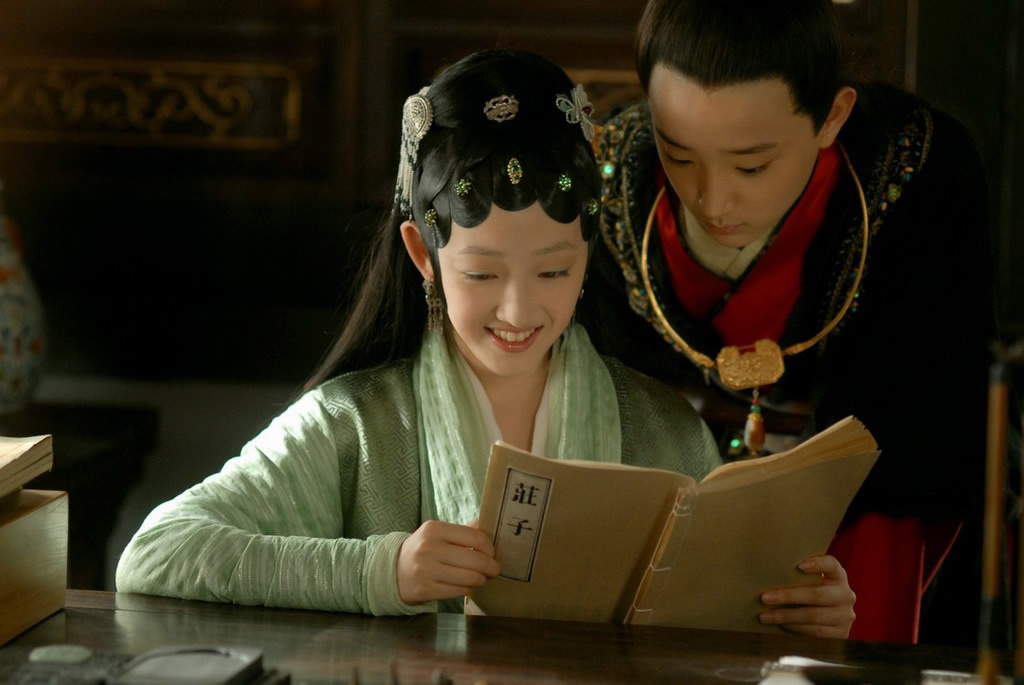
The 2010 TV version of "Dream of the Red Chamber". /Photo via douban.com
The 2010 TV version of "Dream of the Red Chamber". /Photo via douban.com
There is always a chance of failure when adapting such a revered piece of work. However, Hwang is comfortable with the opera evoking mixed reactions.
"That's not a bad thing if you can create a work that makes people re-engage with this novel on a different level," he told the Guardian.
(Wray Armstrong, chairman and CEO of Armstrong International Music and Arts Enterprises Ltd. and Daniel Knapp, production director of the opera, were speaking to CGTN's Culture Express on 11 September, 2017)
4km

SITEMAP
Copyright © 2018 CGTN. Beijing ICP prepared NO.16065310-3
Copyright © 2018 CGTN. Beijing ICP prepared NO.16065310-3